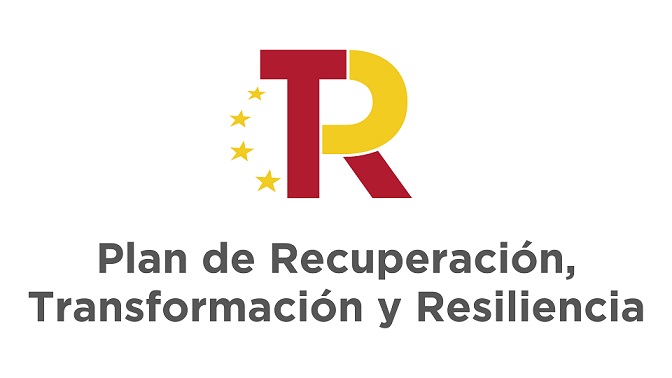Investigación
Publicación (Artículos en revistas científicas)
La formación en Electrónica en los nuevos grados relacionados con la Ingeniería de Telecomunicación en España
-
Arriaga, J.; Blanco, J.; Lobo Perea, Pedro José; Groba González, Ángel Manuel; Sanz Álvaro, César; Carpeño, A.
- Resumen:
- This communication presents a first outlook of the recent changes that have been produced in teaching and earning of the "Electronics" subject as a consequence of the general change of higher education in Europe due to the creation of the European Higher Education Area. Many papers about the changes promoted by the Bologna Declaration and its impact in higher education have been written, yet there are still few initiatives that address how the curricular subjects are being adapted and how they contribute to the general change. It is time to start doing it, once the new official degrees have been verified and approved and most Universities have begun the starting process of the new Curricula in the 2010-2011 academic year, implementing its new first year. This paper addresses the change that Electronics teaching is facing from three levels. In the first one the new situation created by the Universities, Schools and Degrees Registry (Registro de Universidades, Centros y Títulos, RUCT) is analyzed. In a second level the Electronics competences which all graduates in the different areas of Telecommunications Engineering must have are presented. In the third place a first quantitative and qualitative analysis is performed, based on the currently available information on how the learning modules planned in the verified Reports are being deployed in specific Electronics subjects and how the learning outcomes are defined to achieve the competences in this area. The study focuses on the area of Telecommunications, which is one of the major Engineering areas in which Electronics is a key subject in the curriculum of the degree.
- Año:
- 2011
- Tipo de publicación:
- Artículos en revistas científicas
- Revista:
- IEEE-RITA
- Volumen:
- 6
- Número:
- 1
- Páginas:
- 31-39
- Mes:
- February
Grupos de Investigación
Áreas Estratégicas
Contacto
Edificio La Arboleda. Campus Sur UPM.
Calle Alan Turing 3
28031 Madrid
Email: web.citsem@upm.es
Tfno: +34 9106 78762
Website: www.citsem.upm.es









